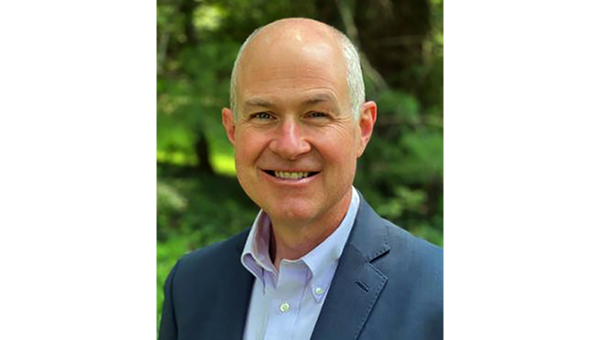Memorial Day: A time to remember and show gratitude
Published 12:38 pm Friday, May 28, 2021
|
Getting your Trinity Audio player ready...
|
Memorial Day is a holiday that has evolved dramatically over the years. Memorial Day observances began after the Civil War to honor the Union soldiers who gave their lives in the conflict.
Originally known as Decoration Day, it originated in the years following the Civil War and became an official federal holiday in 1971. Many Americans observe Memorial Day by visiting cemeteries or memorials, holding family gatherings and participating in parades. Unofficially, it marks the beginning of the summer season.
The Civil War, which ended in the spring of 1865, claimed more lives than any conflict in U.S. history and required the establishment of the country’s first national cemeteries. By the late 1860s, Americans in various towns and cities had begun holding springtime tributes to these countless fallen soldiers, decorating their graves with flowers and reciting prayers.
On May 5, 1868, General John A. Logan, leader of an organization for Northern Civil War veterans, called for a nationwide day of remembrance later that month. “The 30th of May, 1868, is designated for the purpose of strewing with flowers, or otherwise decorating the graves of comrades who died in defense of their country during the late rebellion, and whose bodies now lie in almost every city, village and hamlet churchyard in the land,” he proclaimed.
The date was chosen because it wasn’t the anniversary of any particular battle.
By the late 19th century, many communities across the country had begun to celebrate Memorial Day, and after World War I, observers began to honor the dead of all of America’s wars. In 1971, Congress declared Memorial Day a national holiday to be celebrated the last Monday in May. Today, Memorial Day is celebrated at Arlington National Cemetery with a ceremony in which a small American flag is placed on each grave. It is customary for the president or vice president to give a speech honoring the contributions of the dead and to lay a wreath at the Tomb of the Unknown Soldier. More than 5,000 people attend the ceremony annually. Some Southern states set aside a special day for honoring the Confederate dead, which is usually called Confederate Memorial Day.
For many, Memorial Day marks the beginning of summer. It’s time to break out the barbecue, go to the lake or beach, and maybe, just maybe, break out Old Glory for a weekend showing. For some, Memorial Day is something to “celebrate” as it means a day off from work and some sales at local auto dealers or retailers.
At one time, there were more parades and large-scale community remembrances. Those days are waning as many of us relish the much-needed day off to spend time with loved ones. But the sacrifice of those who died in service for our country should be remembered, and that remembrance should be more than just a family get-together or a day in the park.
When it comes to war, we have been lucky as a nation. For the most part during our history, we fought them elsewhere. We mounted a War of Independence around 1776, fought the British again in the War of 1812 (which led to the torching of the White House), fomented countless battles with North America’s natives in our quest for more territory, fought with Mexico for more land, and survived the Civil War in which 620,000 died in a nation that then only numbered 22 million people. Yet during the 20th century, perhaps the most violent century in human existence, the U.S. faced no serious threat of invasion.
So the pain of those wars fell on people in the countries where they took place and on the Americans who fought them, and on their families. We observe Veterans Day in November to honor all those who served, preserving Memorial Day to remember those who died. Having two national holidays devoted to those who fought reflects how much war has come to dominate our culture.
This year, it has all about the pandemic. We have waged a medical campaign against disease, as much as we have declared wars on drugs and poverty. Everything is a war these days, it seems. The war on immigrants. The fighting between the political parties, the marches in our nation’s cities around Black rights, women’s rights, etc.
Those political metaphors aren’t wars, of course. Wars are the bloody next step after failed diplomacy, the final resort in imposing the will of one government on another or, conversely, of overthrowing oppression and birthing a nation. Sometimes they are necessary, sometimes they are the result of blundering national leaders, sometimes they are pure folly, But in all, soldiers do what is asked of them, and our cemeteries are filled with the human cost.
At the very least, we should all take a moment to reflect upon those who died in service and explain what the day means to our children. It is a tradition worth carrying on.





